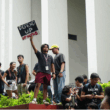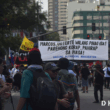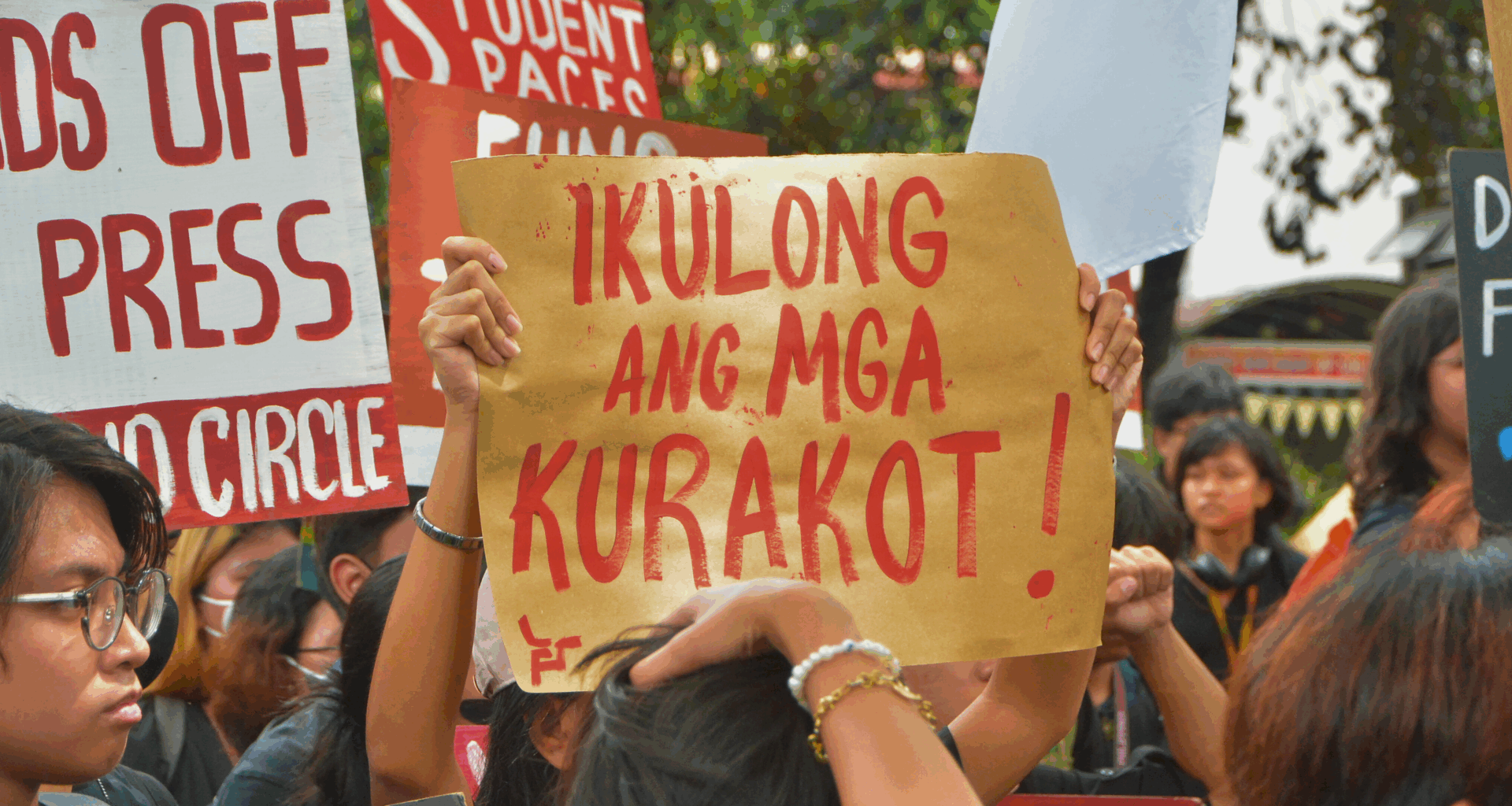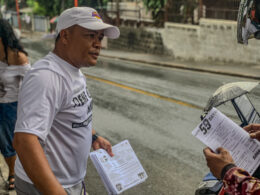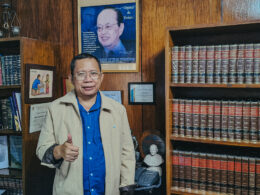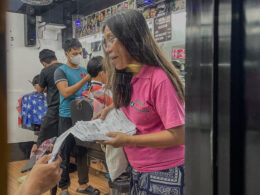Inheritance comes in many different forms. Some people are handed down distinct traits, while others are gifted more tangible forms of succession, such as those that come in the shape of stacked bills or, at times, a seat in politics.
But as the corruption behind the ghost flood control projects begins to fray at the ends, many have kept a keen eye not only on the people of interest themselves but also on their sons and daughters. Aside from the excessive amounts of wealth, people have also begun to question whether or not they, too, should inherit their parents’ misdeeds.
Recently, several “nepo babies”—short for “nepotism babies”—such as Claudine Co, the daughter of former Ako Bicol representative Elizaldy “Zaldy” Co, and Jammy Cruz, the daughter of Sto. Cristo Construction owner Noel Cruz, have come under fire for their family’s alleged link to the anomalous substandard and ghost flood control projects under the Department of Public Works and Highways (DPWH), with their lifestyle presumably funded by taxpayer money.
The glaring disparity between the rich and the needy is further accentuated as the suffering of the Filipino people—which is caused by the failed projects—is contrasted with the lavish lifestyles of the descendants of public officials and private contractors, which have, of course, not gone unnoticed nor uncriticized.
Many have taken to social media to partake in what they now call “nepo baby shaming” to express their outrage, either through posts slamming their immodesty amidst talks of corruption or flooding their comment sections with stern criticisms.


Still, there are those who espouse their innocence, stating that the children must not be held liable for the mistakes committed by their parents. The opinion that matters most, however, is the opinion of the law.
Take, for instance, the story of Jeane Napoles, the daughter of Priority Development Assistance Fund (PDAF) scammer Janet Lim-Napoles, who was charged with tax evasion in 2013 by the Bureau of Internal Revenue (BIR).
It is also worth noting that the BIR’s motivation to further investigate their family was partly owed to Jeane’s social media accounts, where she documented her suspiciously over-luxurious lifestyle.
While the case was later dismissed due to insufficient evidence, it serves as a reminder that not only can they be held legally accountable if proven guilty, but probing into the lives of these “nepo babies” may reveal useful hints that could expose even larger discrepancies hidden beneath the surface.
The original “nepo baby”
It is evident in the dominance of political dynasties that nepotism does not merely work as a coincidence but as an intrinsic feature in Philippine politics, long before the anomalous DPWH projects even came into the picture.
A prime example known to many is the president himself, Ferdinand Marcos Jr.. His father, Ferdinand Marcos Sr., is most known for his legacy during the Martial Law era.
Economist and Professor JC Punongbayan, in his book “False Nostalgia”, expounded on the events that transpired under the older Marcos’ presidency, and even debunked several false rhetorics surrounding Martial Law.
Punongbayan detailed several instances, from the older Marcos administration’s alleged embezzlement of loans and war reparation funds from the Japanese, his role in tampering with Benguet Mining’s stocks as seen in the “XYZ” scandal, to his wife’s, Imelda, wanton spending on luxury goods funded by the nation’s coffers.
Claims that the older Marcos administration was anti-corruption were also disproved, as evidenced by their monopoly over several industries, the proclamation of executive orders tailored to benefit his cronies, and the extensive money laundering from both public funds and international aid through shell corporations and the creation of bank accounts under fake identities.
While the president has denounced corruption in the past, condemning the actions of those involved in the current DPWH investigation, people were quick to point out the irony in his words, highlighting his lack of action in returning his family’s ill-gotten wealth, dismissing it solely as “propaganda” despite the three previous Supreme Court orders.
Remembering Martial Law
With Sept. 21 fast approaching, the country is once again reminded not only of the years of suffering the Filipino people endured under the Marcos regime, but also of the day when everyone united to struggle against the oppressive regime.
It remains true that inheritance comes in many forms, and the cycle of inequality passed down from one generation to the next is one that is all too familiar to the people.
If the Filipino people are to truly seek change, then it becomes their duty to struggle against these systems, both by recalling the past and confronting the present.
As the Philippines becomes inundated in yet again another graft scandal, it is evident that the battle for justice did not end with the fall of a dictator. It is sustained in every protest that resists oppression, every voice that calls for accountability, and every individual who dares to strive for a better future.
History pushes the people not only to remember, but also to act.



